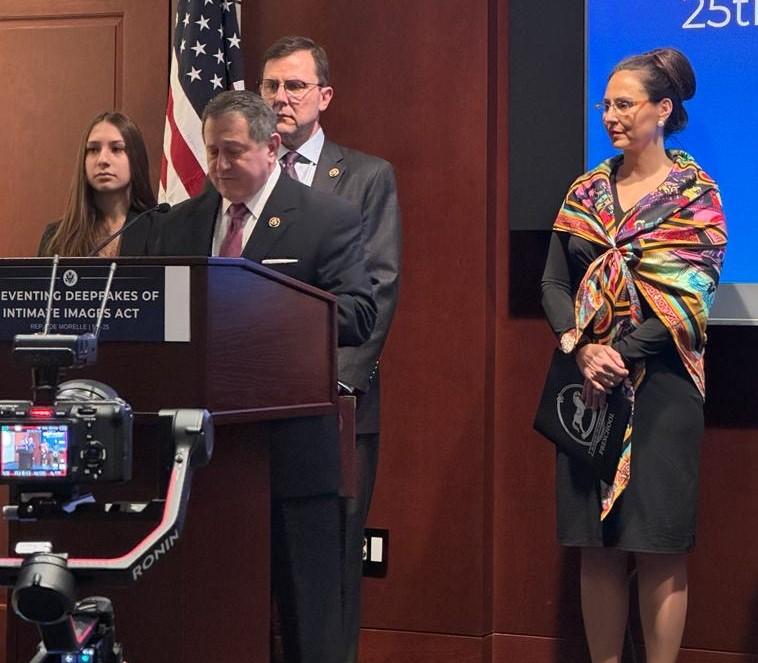Some may consider it fitting, if not desirable, that a House subcommittee hearing focused on the reasons that federal government agencies, in a post-pandemic America, are still running behind and continuing to be tardy in delivering services started about a half hour late.
But the House Committee on Oversight and Accountability Subcommittee on Government Operations and the Federal Workforce was finally called to order on June 21 to conduct its hearing titled, “Please Leave Your Message at the Tone: Addressing Post-Pandemic Backlogs at Federal Agencies.”





